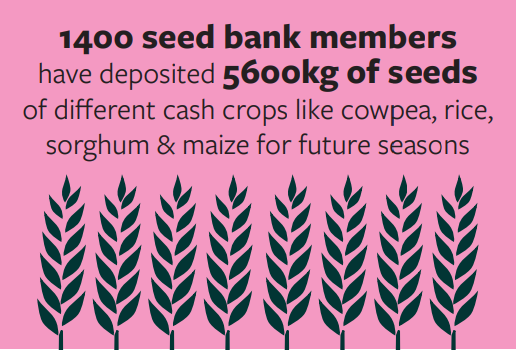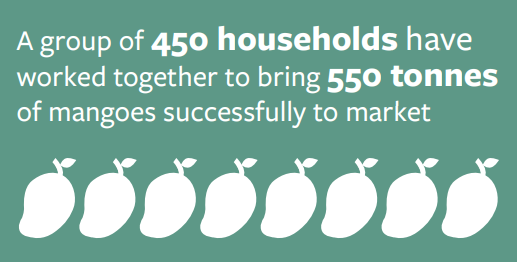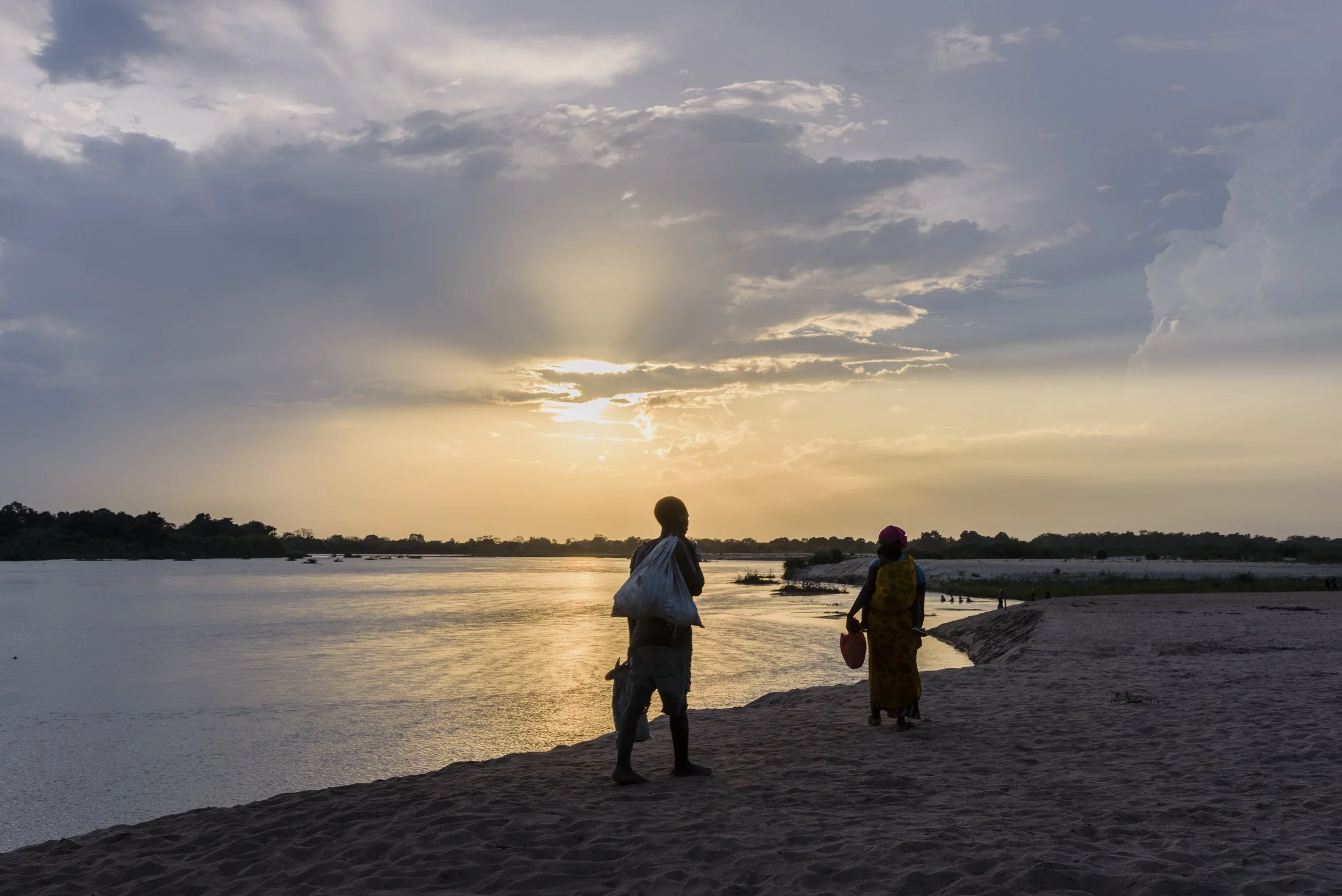3 farming successes…
Seedbanks in Jharkhand, India
We measure impact in the way lives are improving, incomes are rising, and communities are progressing – and the volume of produce making its way to market to make all that happen is quite staggering. These are just a few of the recent statistics coming from farmers we work with in India, alongside our partners Badlao Foundation and SATHEE:
Coastal farming in Tanzania
This year we’ve worked with 1500 farmers in two coastal districts of Tanzania – Kisaware and Rufiji. As weather patterns become increasingly unpredictable, farmers are having to adapt to meet the challenge. As part of our work, farmers have received training and attended practical demonstrations on regenerative practices and climate resilient farming to equip them with the knowledge and connections needed to produce quality crops in a volatile climate.
We also analysed local honey, sunflower, fruit tree, poultry and vegetable supply chains to connect these climate resilient farming practices with the right kind of markets. This work culminated in a business forum between farmers and buyers to negotiate better terms on contracting, prices and seed supply. Transform Trade works with our partners Tanzania Veterinary Laboratory and CAJAM.
Inclusive incomes in Tanzania
This year, our work focused on promoting the inclusion of people with disabilities in cocoa, coffee and palm oil supply chains in Tanzania, came to an end. In total 1,785 farmers were involved. Members found ways to grow their existing incomes and start new businesses such as coffee and cocoa processing units.
This helped farmers retain more value from their product. The brilliant news is that all group members raised their incomes by at least 20% - with some increasing over 300%. We will continue to work with 30 of the 57 enterprises who are in the start-up phase to support them through this risky stage of development.
Transform Trade works with our partners Shivyawata, Organization of People with Disabilities (OPDS), Tanzania Coffee Research Institute, and Tanzania Agriculture Research Institute (TARI).





